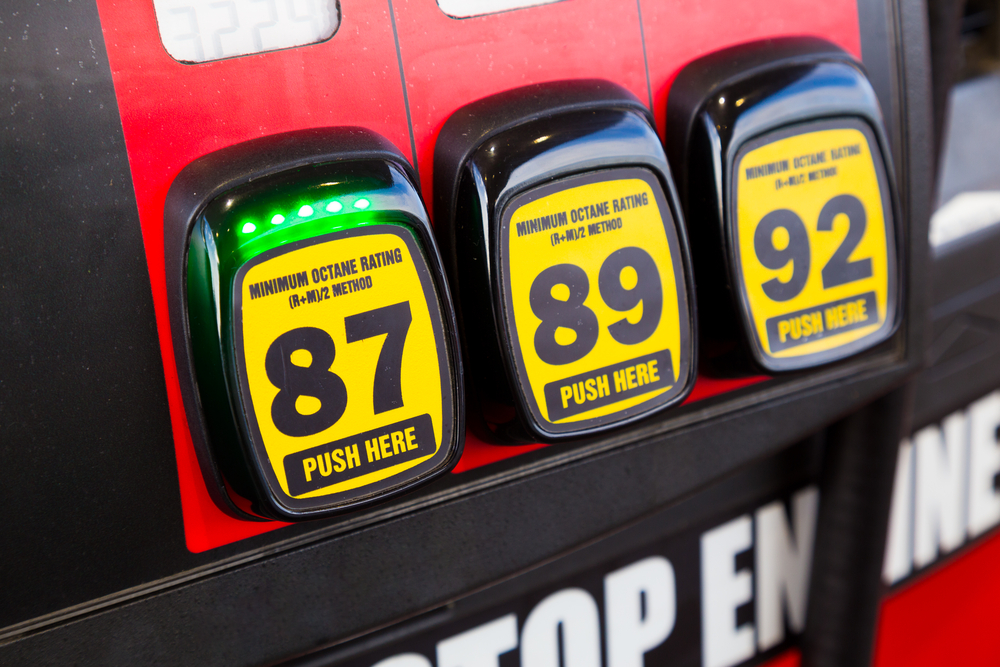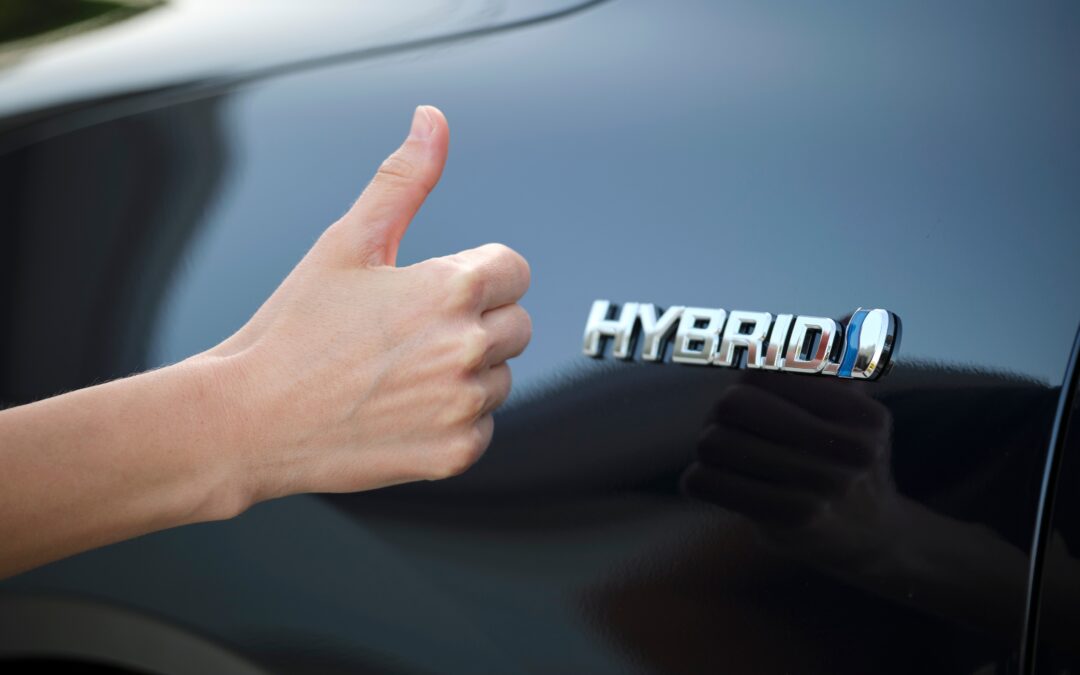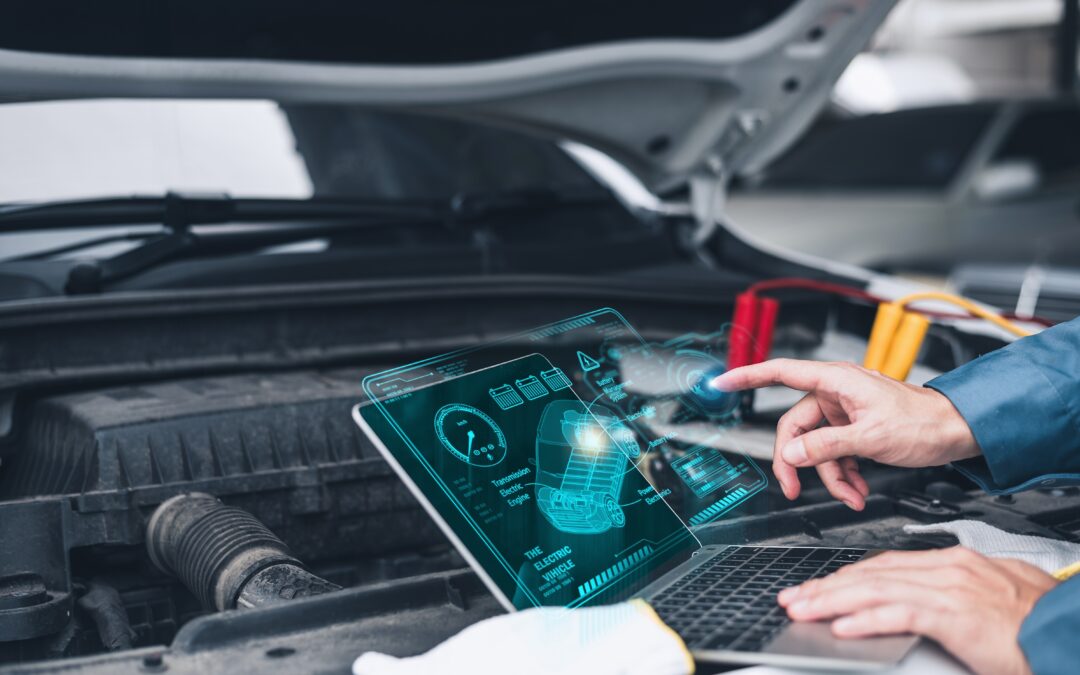As an auto service advisor, one of the questions I frequently get asked is about using high octane or premium gas in customer’s vehicles. “Do I really need to put premium gas in my tank?” Often, customers will tell me they are unsure about purchasing a car that requires premium gas. Their focus is always on the higher cost of premium gas when they should be considering what a high octane rating means to the continued health of their vehicle. Here are 7 things to know about an Octane Rating and want it means for your car:
- Octane ratings are the measure of fuel stability relating to spontaneous combustion when introduced to heat and pressure. The higher the octane number the more stable the fuel under operating conditions.
- Unintended, spontaneous combustion competes with intended combustion (initiated by the spark plug) and distributes the energy from the combustion unevenly causing higher than intended pressures on pistons, and subsequently, other internal engine components. This can result in excessive and premature engine wear.
- This spontaneous ignition can be felt as lower than expected power or heard as a knocking or pinging noise from the engine.
- Engines with high combustion ratios or forced induction (turbo charger or super charger) will require higher octane gas.
- Higher octane fuel will not offer any better fuel mileage, increase engine horsepower, or make the engine start quicker. Higher octane only increases the likelihood that the combustion will be controlled, and your engine will perform as it was designed.
- Most modern engines do not require higher octane fuel but check your owner’s manual to see what is required for your engine. (Note: there is a difference between “recommended” and “required”)
- Performance and MPG tests have shown that when regular gas is used in an engine “designed” for premium gas the performance and MPG are both diminished by an amount that negates the savings.
The next time you are wondering what fuel to choose, this can help you determine the right gas and why it is important to choose wisely if you value the continued health of your vehicle.






